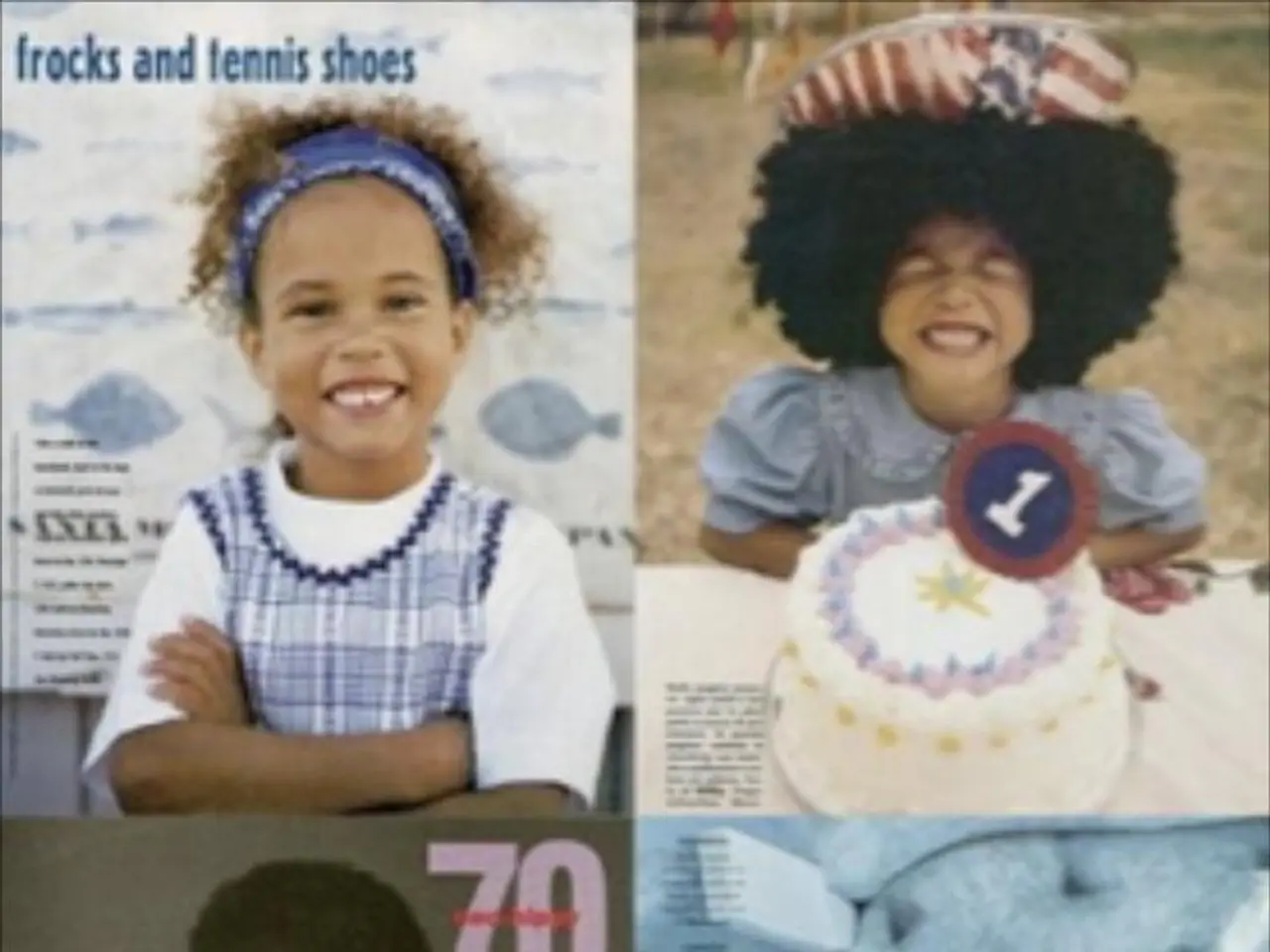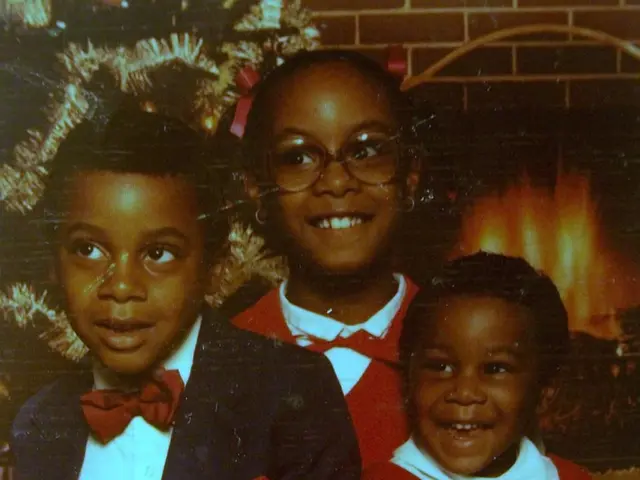Insights into the Transition of Caregiving Roles
In caregiving situations where an adult child assumes the role of a caregiver for their parent, profound emotional and developmental effects can occur. This role reversal can lead to a variety of challenges for the adult child, as highlighted in several studies.
Emotionally, adult children in this reversed role often struggle with people-pleasing and self-neglect, prioritizing others’ needs above their own. This pattern is rooted in early conditioning that caregiving earns love. As a result, they may find it difficult to attend to their personal needs without feeling guilty.
Another common issue is the difficulty in setting boundaries. Blurred parent-child boundaries during childhood or caregiving can make it challenging for adult children to establish healthy boundaries in their adult relationships. This can lead to problems in saying no or accepting poor treatment.
Adult children may also develop excessive responsibility and hyper-independence, becoming highly responsible and reliable but struggling to delegate or relax. This is often driven by a belief that "if I don't do it, nobody will."
The constant vigilance to others’ emotional needs can cause anxiety, feelings of inadequacy, and guilt if the adult child cannot manage others’ emotions or conflicts effectively. Additionally, their own preferences and needs may have been suppressed or undeveloped, resulting in emotional exhaustion or depression, especially if caregiving roles continue.
Developmentally, adults who experienced early parentification or prolonged caregiving often struggle with authenticity and fulfilling their own needs, feeling disconnected from their true self and experiencing purposelessness or worthlessness. They may encounter relational difficulties, often drawn to partners who similarly require care or have emotional or health challenges, replicating caregiving dynamics from childhood.
In some cases, they may continue caregiving roles professionally, such as in nursing or counseling, or swing to the opposite extreme of demanding care from partners, leading to unhealthy relationships.
The emotional transition in late-life caregiving can be particularly challenging for adult children as they watch their parents’ decline, causing complex emotions such as confusion, helplessness, resentment, and grief over the loss of the parent they once knew.
In summary, long-term parent-child role reversal in caregiving situations often results in adults with persistent emotional burdens, including difficulties with boundaries, self-care, anxiety, identity, and relationship dynamics. These challenges may influence their career choices and intimate partnerships, perpetuating caregiving roles or generating relational dysfunction.
It is important to note that the studies do not discuss the voluntary or forced nature of the caregiving role, focusing instead on the emotional dynamics and consequences of role reversal. The studies also do not explicitly mention any specific medical conditions in the families observed, but they focus on the emotional dynamics of role reversal in general.
Understanding these emotional and developmental impacts can help adult children navigate caregiving situations with more awareness and seek support when needed. Empathy and self-care are crucial for maintaining emotional well-being during this challenging time.
- Navigating caregiving situations for individuals with dementia requires not only physical support but also a focus on mental health, as adults often struggle with people-pleasing and self-neglect, setting boundaries, and managing anxiety and guilt.
- The science of caregiving emphasizes the importance of self-care for the adult child caregiver, as the role reversal can lead to emotional exhaustion, depression, and difficulty in maintaining their own health-and-wellness.
- Parenting, family-health, and lifestyle choices may be impacted by a caregiver's experiences, with some adults continuing caregiving roles professionally or finding themselves drawn to partners with health or emotional challenges.
- Home-and-garden routines may also be affected by the emotional toll of caregiving, as adult children may struggle with feelings of confusion, helplessness, and grief over the loss of their parent, leading to a disrupted sense of normalcy in their lives.








